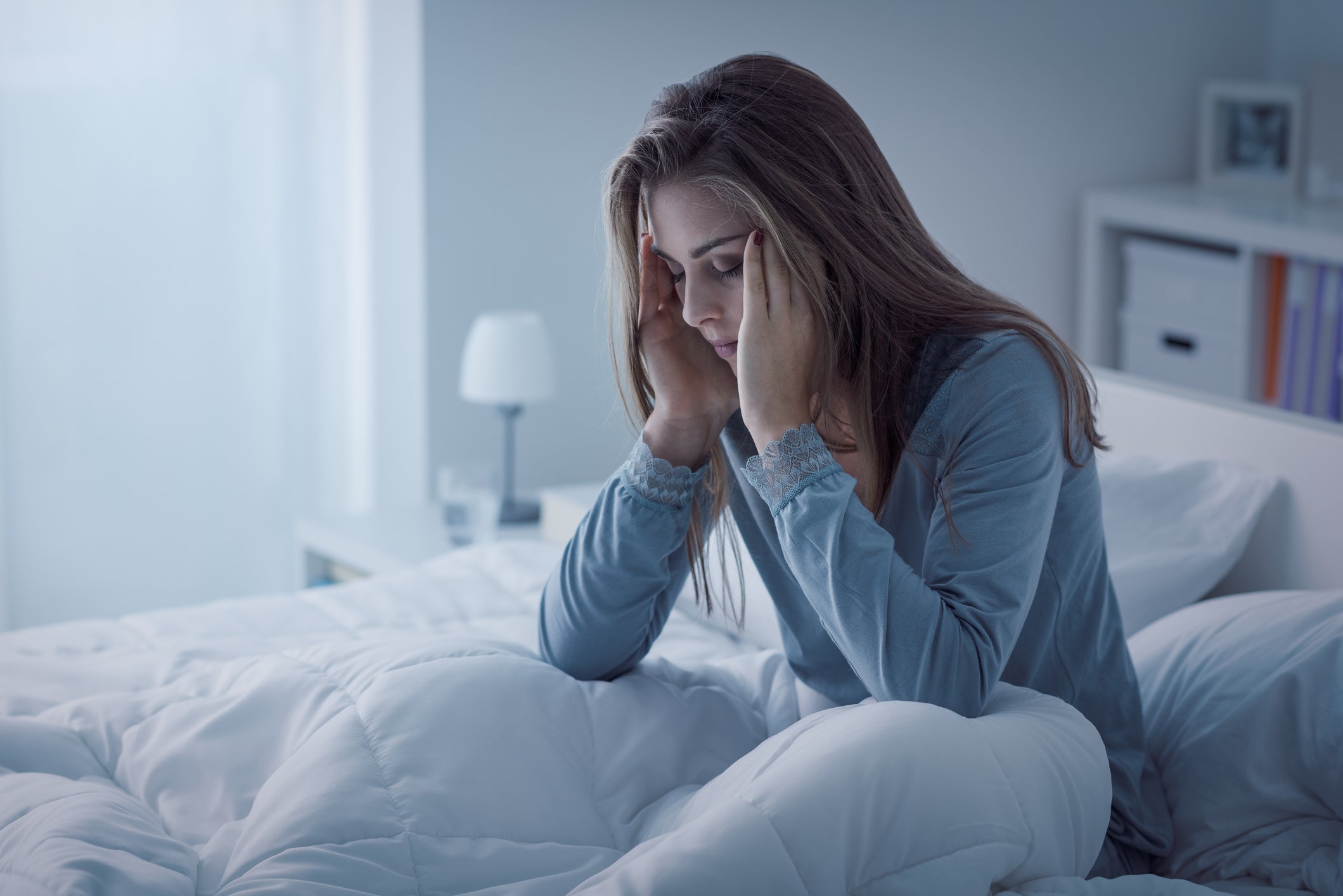
According to the American Academy of Sleep Medicine, about 30% of adults have symptoms of insomnia, and about 10% of adults have insomnia that is severe enough to cause daytime consequences. We spoke with Dr. Osman, neurologist and medical director of neurodiagnostics at Hillcrest Medical Center to learn more about insomnia.
Dr. Osman shares that it’s important to highlight the importance of sleep because “Sleep is part of survival. You need sleep to be alive and functioning. Not sleeping well or not getting enough sleep can cause your immune system to deteriorate, which can in turn cause you to be more susceptible to develop more diseases.”
About 40 million Americans experience insomnia annually, according to the National Sleep Foundation. Considered to be a common sleep disorder, “Insomnia is multi-factorial,” Dr. Osman says. He explains, “Insomnia can be due to several factors like medication issues, sleep hygiene issues, or psychiatric issues. The symptoms of insomnia include lack of sleep, excessive daytime fatigue, memory problems, irritation, mood problems, sexual dysfunction and a lack of productivity.” According to the National Sleep Foundation, common factors that can result in insomnia include poor sleep habits, stress, anxiety or depression, medical conditions and changes in your work schedule or environment.
Insomnia can have a bigger impact on your overall health than you might think. Dr. Osman shares “The first impact you’ll see on your health is a severe lack of productivity. You’ll also be susceptible to developing a multitude of health disorders leading to the utilization of additional medications and over-the-counter sleeping pills, which could then cause you to have side effects.”
Is there a specific demographic that is more susceptible to developing insomnia? Dr. Osman counts females, older adults, and people with anxiety or depression as those who are more susceptible to developing insomnia.
“Sleeping is part of life, just like breathing. If you have good sleep habits and good sleep hygiene, you should have no difficulty falling asleep. You also shouldn’t have a need for enhancements to help you sleep. When you start having the need for enhancements for sleep, you need to see your doctor to help you find out exactly what the problem is so you are able to have restful, refreshing sleep,” Dr. Osman concludes.
